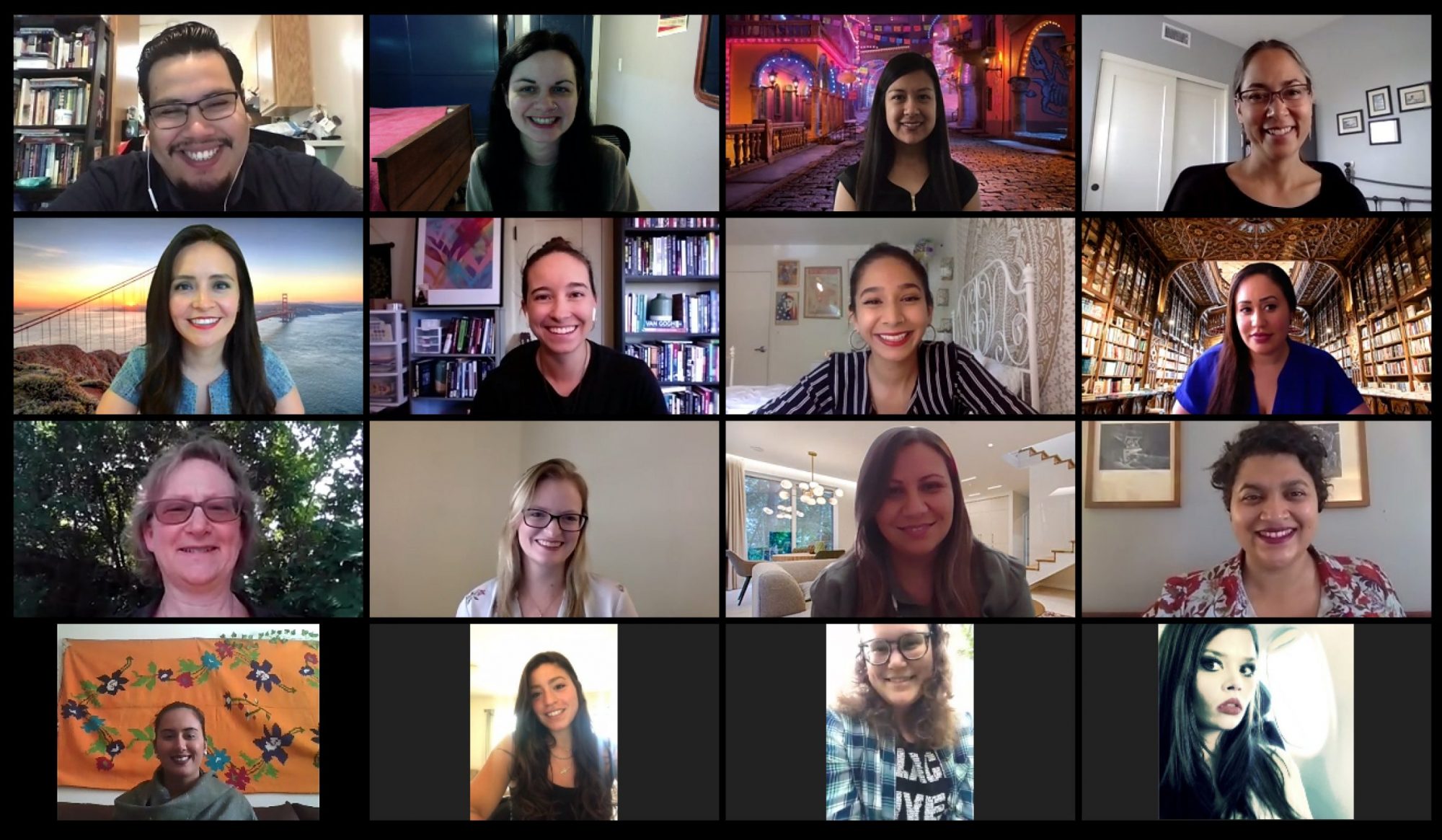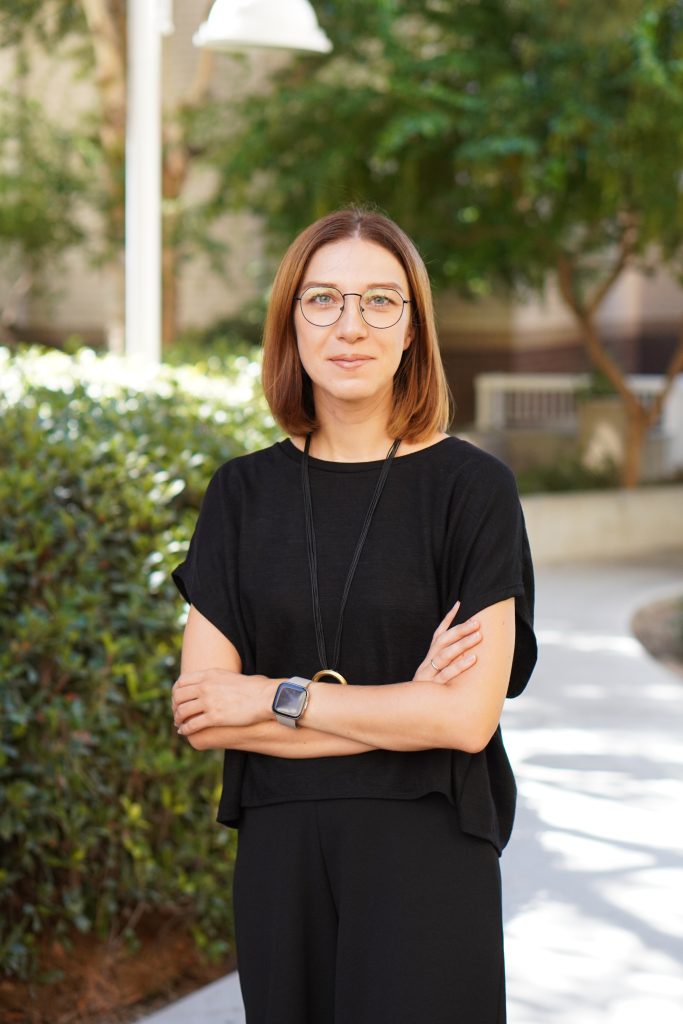[Author] Ekaterina (Katya) Moiseeva
[Abstract] This article explores how not-in-my-backyard (NIMBY) sentiments affect the implementation of new cannabis laws in California cities. Despite increasing legality and growing social tolerance, the actual status of cannabis remains controversial. Large segments of the population and local authorities remain uncomfortable with the use of cannabis and resist allowing cannabis facilities in their communities. I employ statistical analysis to understand why some jurisdictions move toward more permissive cannabis policies and others do not. The results show that, on average, socially and economically prosperous cities express higher support for cannabis legalization, but cannabis businesses are more likely to receive permits in cities that are socially and economically distressed. The disparity between demand (white middle-class communities) and supply (poor Hispanic communities) demonstrates that stereotypes generated by the war on drugs have not disappeared after the passage of new cannabis laws and continue to perpetuate the marginalization of disadvantaged individuals and places.










